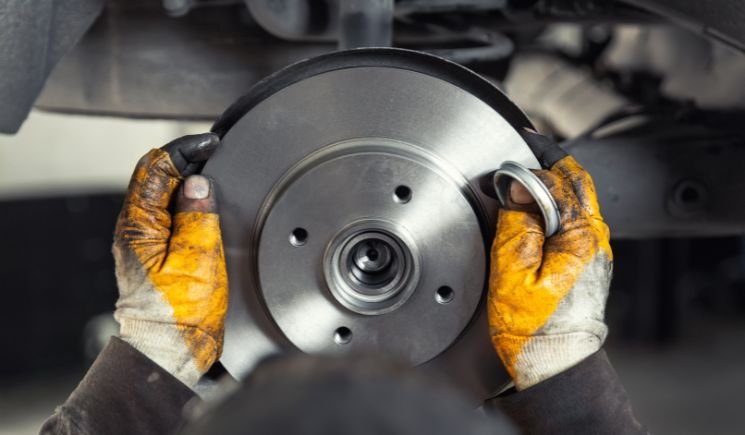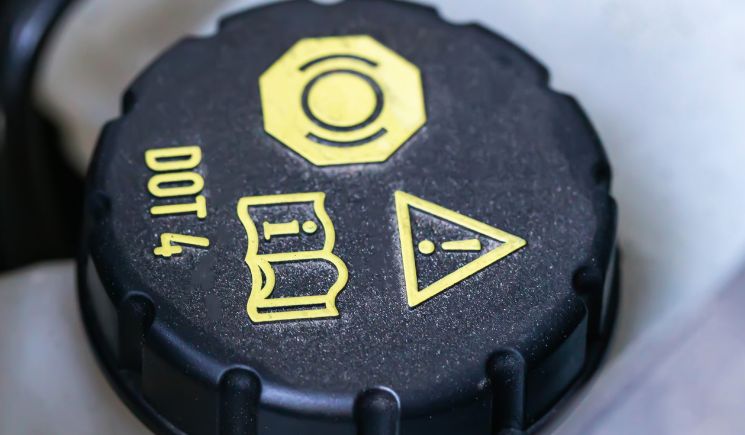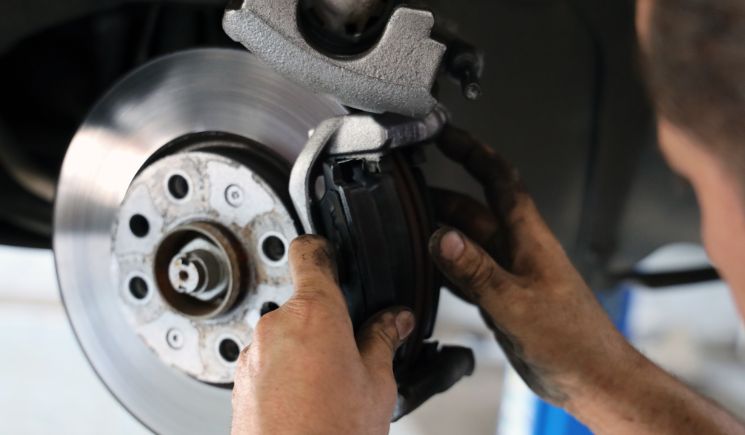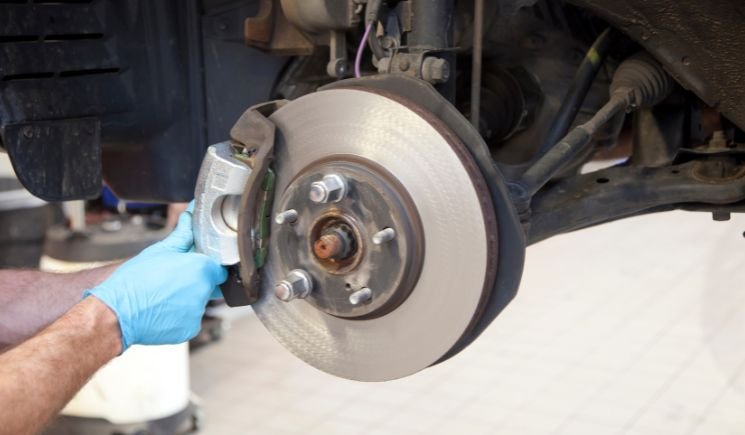Brakes Squeal In Reverse When Cold: Causes And Solutions For Noisy Cold Braking

Hearing loud squealing from your brakes when taking a reverse first thing on a cold morning can set an annoying tone for your entire drive. While cold brakes can commonly squeak initially, excessive noise specific to reverse likely indicates an underlying issue that needs attention.
This article explores the common causes of reverse-specific brake squealing related to hardware flaws, flexibility issues, and old pads. Identifying if it’s just standard morning squeakiness or hardware defects will lead to solutions for silencing the noise.
So what are we waiting for? Let’s get into the details.
Table of Contents
Potential Causes Of Brakes Squealing In Reverse When The Temperature Is Low
Sticking or seized calliper hardware
- Rusted or seized calliper slider pins not retracting properly causes uneven pad drag. And vibration when going in reverse by generating squeal noises.
Damaged calliper piston seals
- Compromised dust seals around the calliper piston can allow fluid leakage and air ingress by contributing to squealing and vibration in the calliper.
Worn-out brake pads
- Pads worn below 3mm have low friction material left, which decreases dampening by allowing high-frequency vibration and squeal, especially in reverse.
Caliper flexing
- Loose, worn out, or incorrectly torqued calliper bracket bolts allow the calliper housing to flex and vibrate by emitting squealing sounds primarily in reverse.
Excessive rotor runout
- More variations in rotor thickness from warpage can prompt pad vibration when moving in reverse at slow speeds.
Weak return springs
- Pad ears with deteriorated return springs prevent full pad retraction, lose damping ability and are prone to fundamental vibration and reverse motion in squeal noise.
Solutions For brakes squealing in reverse when The Temperature Is Low
- Clean slider pins thoroughly and apply high-temperature brake lubricant to pins and contact points. Therefore, pads can retract smoothly without binding.
- Replace any degraded dust seals around the piston, which allows fluid and air leakage past the piston by contributing to reverse squealing.
- If pads are out of shape below 3mm, replace them immediately with new pads to restore proper damping and braking smoothness. Make sure to follow break-in procedures during the replacement process.
- Check bracket bolts for proper torque specifications and replace corroded or damaged bolts to ensure solid calliper attachments.
- If rotor runout exceeds from factory-accepted tolerance, resurfacing or replacing may help the rotors to have a smooth braking force.
- Install spring kits or anti-rattle clips to retract pads off rotors so they don’t drag and vibrate while moving in reverse.
- Adjust cables for complete parking brake shoe retraction if the parking brake is not fully disengaging.
Frequently Asked Questions About Brakes Squeal In Reverse When Cold
Q: Will the reverse brake squealing eventually resolve as I drive and the brakes warm up?
A: Possibly, cold temperature squeals point to underlying issues like hardware defects, worn pads, and rotors that require replacement and repair to eliminate noise permanently.
Q: Are reverse brake squeal problems limited to cold weather, or can they happen year-round?
A: Excess reverse squealing solely happens when cold generally indicates temperature effects on worn parts. Squeals year-round point to hardware replacements regardless of conditions.
Q: Is my parking brake not fully releasing will contribute to reverse noise?
A: Yes, adjust parking brake cables to ensure brake shoes are fully retracting. Any residual drag creates reverse vibration and squeals, especially when the temperature is low.
Q: How urgent of an issue is excessive brake squealing, specifically in cold reverse?
A: While not dangerous initially, the underlying hardware wear prompting the noise requires prompt service to avoid developing more severe brake problems from deteriorated parts.






